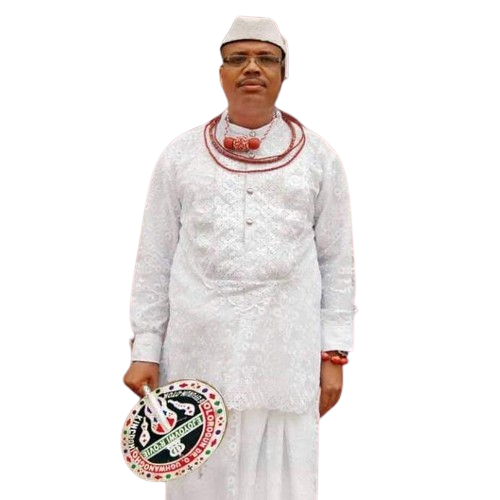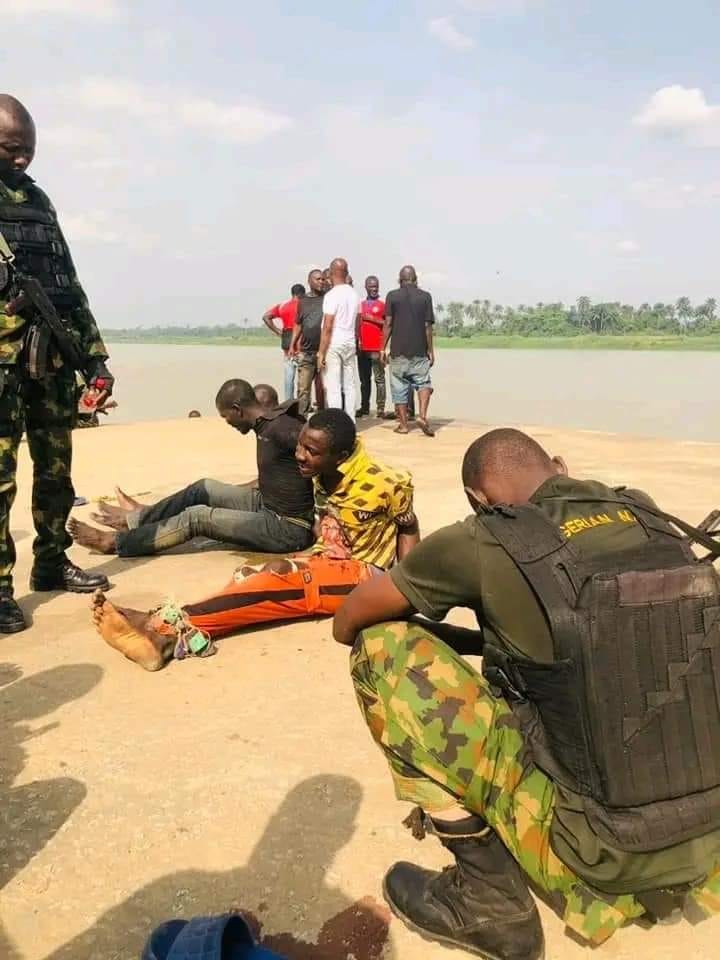Renowned Orogun-born Infectious Disease Specialist, community leader and philanthropist, Olorogun Dr. Ovie Ughwanogho, has called for urgent government intervention and protection for the Okuama community in Delta State following the recent tragic incident involving the Nigerian Army. Speaking out against the escalating violence in Okuama and Okoloba communities, Dr. Ughwanogho emphasized the need for immediate on-the-ground assessment and decisive action by Delta state officials.

“By now, officials of the Delta state government should have been in Okuama and Okoloba communities not only to make an on-the-spot assessment of what actually happened but to act swiftly to put a stop to the ongoing violence in Okuoma,” Dr. Ughwanogho stated.
Dr. Ughwanogho who holds the Traditional title of ‘Ejoyovwi R’Ovie’ of Effurun-Otor Kingdom, criticized the issuance of statements from the comfort of government offices in Asaba and Abuja, highlighting the importance of a comprehensive understanding of the situation on the ground.
Expressing concern over the lack of transparency regarding civilian casualties, the President of the Dr. Ovie Ughwanogho Foundation questioned, “The military has made public their casualties. Do we know how many villagers have been killed?” He stressed the power imbalance in conflicts between the Nigerian Army and impoverished villagers, emphasizing the need to prioritize the protection of Okuama residents.
“A fight between the Nigerian army and poor villagers can never be a fight of equals,” the Atlanta-based Dr. Ughwanogho asserted. He called for swift government action to ensure the safety and security of Okuama residents while awaiting a thorough investigation into the incident.

In offering his condolences to the people of Okuama and the Nigerian Army, Dr. Ughwanogho urged all stakeholders to prioritize peace, justice, and the protection of civilian lives in the resolution of the conflict, underscoring the urgent need for collaborative efforts to address the root causes of violence and nurture reconciliation in the affected communities.
